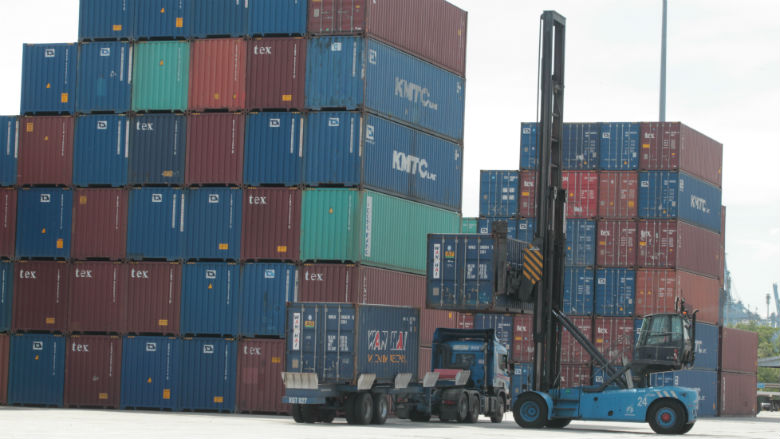Doing Business 2017: The Way Forward for Malaysia
13 Dec 2016
During the workshop, the World Bank provided in depth information on the methodology of Doing Business indicators, presented the findings, and shared global best practices.
In the area of getting an electricity connection, the World Bank stressed the good performance of Malaysia, as obtaining a new electricity connection takes only one month in Kuala Lumpur – compared to 93 days at the global level.
Ybhg. Dato’ (Dr) Ir Andy K.H.Seo
Vice-President and Chairman of the Federation of Malaysia Manufacturer
While Malaysia already scores well in protecting minority investors, it is committed to further improve in all areas of its business environment. Recent legislation updates such as the new Companies Act—expected to come into force during the first quarter of 2017—or the ongoing legislative work on a new secured transactions Act are some examples.
The session on dealing with construction permits attracted large numbers of participants, including those from other provinces in Malaysia, who aim to learn from the Kuala Lumpur experience in implementing the best practices in building regulations.
“The area of construction permits goes beyond Doing Business since it is not only relevant to Kuala Lumpur, but to the whole country,” said Dato’ Abdul Latif Bin Haji Abu Seman, Head of Secretariat for PEMUDAH and Deputy Director General, Malaysian Productivity Corporation.
Dato’ Latif further explained, “We [Malaysia] are here to seek clarifications, but more importantly to expedite impactful changes. Every regulation has a purpose. Our goal is to make sure it is easy for people to do business”.
Source : The World Bank



